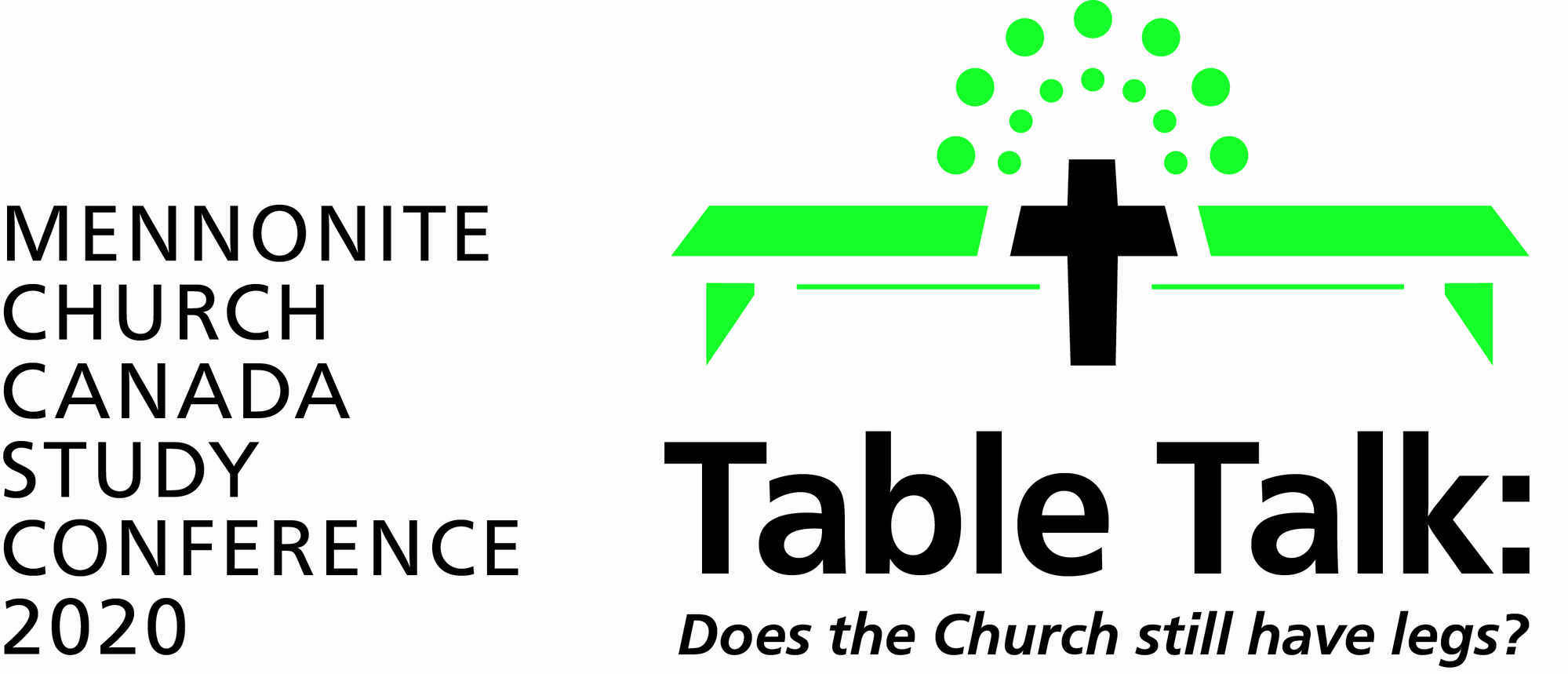October 21st, 2020Meet our Table Talk host and moderator: Kim Penner
Get to know the folks who will be leading discussion at our study conference on Saturday, Oct. 24


Kim Penner is an adjunct professor of Christian Ethics at Conrad Grebel University College and professor of ethics at University of Toronto. She lives in Kitchener, Ont. She will be the conference host and moderator for Table Talk 2020: Does the church still have legs?.
Briefly describe your academic journey and interests.
I developed a love for theological ethics rooted in scripture growing up as a pastor's kid. I found the Bible fascinating and experienced a real appreciation for many aspects of congregational life. Over time, I developed questions and concerns about experiences of "Mennonite" ethics. Who has authority in discernment processes? How is scripture authoritative? What are the norms and criteria that guide the use of sources for ethics? I have since completed a PhD in theology. My dissertation considered the potential of Mennonite peace theology, ecclesiology, and Christ-centeredness for a sexual ethics that is life-giving for all. I am currently teaching ethics, which I love, and considering a call to ecclesial ministry. I believe that the life of the church is inherently connected to Christian ethics and that the academic study of ethics can greatly enrich congregational life.
What is most compelling to you about how your work intersects with the life of the church at this moment in time?
Ethics is central to the life of the church. The Gospel is political and the tensions we are currently facing in our world only heighten the importance of ethics. In the present context many are asking, what do the moral imperatives of Jesus, for example in the Sermon on the Mount, mean in the context of a pandemic? In the context of the #MeToo movement? In seeking an end to systemic racism and colonialism? These are questions we need to consider. Our answers are potentially complicated by the fact that we are no longer meeting in person for worship. How does the church do ethics without being in person? Is this an opportunity to change our processes for the better?
Ethics is central to the life of the church. The Gospel is political and the tensions we are currently facing in our world only heighten the importance of ethics. In the present context many are asking, what do the moral imperatives of Jesus, for example in the Sermon on the Mount, mean in the context of a pandemic? In the context of the #MeToo movement? In seeking an end to systemic racism and colonialism? These are questions we need to consider.
Do you think the church still has legs?
I think an important follow up question is, what kind of church? What I hope that the pandemic reveals to us more than ever is that "church" does not depend on meeting in person. God is not confined by a physical building. I hope that it has forced us to think differently about the church as including, and also much larger than our local congregation. How have I seen God and revealed God to those in my social bubble and to my neighbours? With creation? What spiritual practices are sustaining us during this time and what do they reveal about what it means to be the church? I am excited about expanding and growing our understanding of church and living into it - motivated by faith and hope.
Register for Table Talk 2020 at mennonitechurch.ca/tabletalk2020.